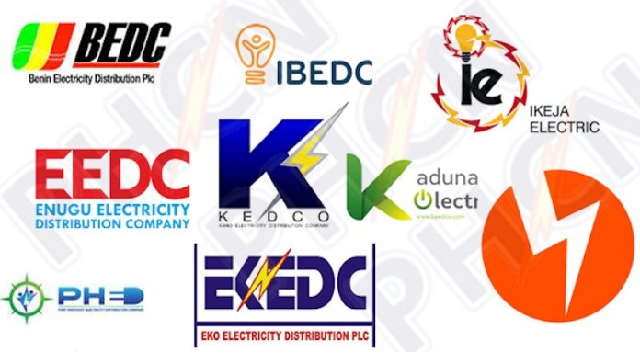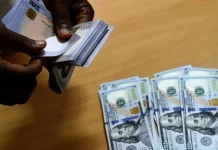The federal government would incur an average cost of N109.83 billion to supply free electricity to Nigerians as proposed by the National Assembly and supported by the electricity distribution companies (Discos), THISDAY’s investigation has revealed.
The Speaker of House of Representatives, Hon. Femi Gbajabiamila had proposed a two-month free electricity supply to Nigerians to cushion the excruciating effects of the nationwide lockdown occasioned by the outbreak of COVID-19.
The Discos, under the aegis of the Association of Nigerian Electricity Distributors (ANED), supported the scheme but on the condition that the federal government should pick the bill for the two-month free electricity supply.
Data from the Nigerian Electricity Regulatory Commission (NERC) and the Nigerian Bulk Electricity Trading Plc (NBET), better known as the Bulk Trader, showed that it would cost the federal government an average of N109.8 billion for the initiative.
Statistics showed that since January 2019, the electricity supplied to Nigerians cost between N55 billion and N53 billion monthly.
For instance, the least cost of N47,583,048,273. 37 was incurred in June 2019, while the highest monthly cost for the year was N62,252,549,885.43 incurred in December 2019.
In January 2019, NBET sent an invoice of N55,782,765,614.21 billion to the 11 Discos as the cost of power supply for the month.
For the subsequent months, an invoice of N51,034,312,869.58 was sent in February; N54,528,436,650.93 in March; N51,641,432,458.96 in April; N53,964,628,756.61 in May; N47,583,048,273.37 in June; N51,675,945,829.13 in July; N53,007,648,M031.50 in August, and N49,398,129,562.64 in September 2019.
In October 2019, N50,100,668,072.37 was the total invoice; N53,500,536,476.19 in November; and N62,252,549,885.43, bringing the total cost of electricity supplied for the year to N634,471,103,478.91.
A cost of N52,134,588,489.19 was also incurred in January 2020, the data showed.
ANED’s Executive Director in charge of Research and Advocacy, Mr. Sunday Oduntan, had said all the participants in the electricity value chain must be involved for the free electricity supply to work.
He said: “Remember, we (Discos) don’t own the product we sell. The product we distribute does not belong to us. Generating companies own the product and they use raw materials to generate it. The raw material, which is gas, does not belong to them. The federal government has to pay for the gas. We do not transport the product – the Transmission Company of Nigeria (TCN) does. So, all the stakeholders must be involved. We can’t unilaterally provide electricity free of charge for Nigerians.”
Reacting to the proposed scheme, Ikeja Electric said for it to work, the federal government must approve the stimulus package proposed by the National Assembly.
“The ability of the Discos to implement this proposed palliative is subject to the stimulus package being passed by the National Assembly and signed into law by Mr. President.
“We urge all customers to continue to pay their utility bills as usual, while on our part, we shall continue to serve and put our customers first during this difficult period,” the company said in a statement.
However, the Federal Ministry of Power at the weekend said no decision had been reached on the issue of whether to supply free electricity to Nigerians or not.
In a tweet on Friday, the ministry said the government would officially communicate its decision when it arrives at one.
“No decision has been taken by the federal government to provide Nigerians with free electricity for two months.
“If and when that becomes a reality, it shall be announced officially.
“Be rest assured that the federal government is exploring ways to ameliorate any hardship on Nigerians,” the tweet read.
Gbajabiamila, during a recent meeting between the National Assembly leadership and the Minister of Finance, Budget and National Planning, Mrs. Zainab Ahmed, had mooted the idea that the stimulus package was necessary since it would have the highest impact on Nigerians.
“We have the figures. I think we should look very seriously into that as part of our package for economic stimulus because stimulus means something that will stimulate the economy. When you are stimulating the economy, most of it will come from the informal sector.
“When you are saving people their electricity and the fact that they now have stable electricity for two months, you are also saving the monies that would go into the payment of those bills at least for two months,” he had said.
Source: THISDAY













